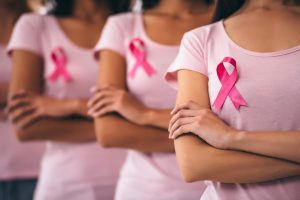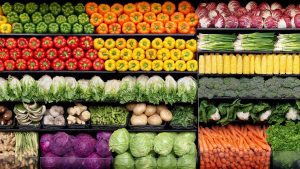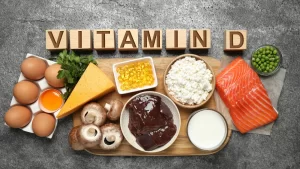
Breast Cancer Awareness
Table of Contents
Some factors that increase breast cancer risk are out of your control, such as genetics, environmental pollutants in the area where you live, or the age at which you start menopause. However, there are a number of things you can do to decrease your risk.
These strategies will improve your overall health and well-being. A big part of breast cancer prevention is about developing healthy habits in early adolescence.

A great example of this is with exercise, which is well known to decrease breast cancer risk. Being physically active during the teen years appears to have the greatest impact on lowering breast cancer risk of all-even greater than if you are active during and after menopause.
Exercise and Lift Weights Regularly
Studies suggest that there is as much as an 80 percent reduction in breast cancer risk if you are physically active throughout your life. This means doing regular vigorous exercise AND being active during the day. A study of over 1,500 women found that those who did exercise at an intensity that was vigorous enough to break a sweat were half as likely to develop breast cancer as women who did no exercise.

Exercise is especially important during the teen years and during menopause. These are the times when women have the greatest variation in hormones, particularly estrogen. High levels of estrogen are difficult for the body to metabolize safely and are linked to greater breast cancer risk.
Eat Organic
Always opt for organic meat and dairy. Non-organic animals are fed growth promoting hormones that can mess with your hormones and raise cancer risk.

Avoid Alcohol
Alcohol increases estrogen levels leading to greater breast cancer risk. Drinking alcohol also increases the detoxification load that the body has to handle, which significantly increase disease and cancer risk.
Eat healthy Fats & Avoid Bad Fats
Omega-3 fats that are found in fish have been shown to promote estrogen metabolism down the safest pathway. A study of 61,000 women found that for each additional 10 grams of monounsaturated fat (the kind in olive oil) that women ate, breast cancer risk dropped by 45 percent. In the same study, breast cancer risk increased by 69 percent for every additional 5 grams of animal fat that women ate. Avoid all trans-fats and other processed fats and stick with olive oil, fish oil, and the fat that naturally comes in animal products.
Get Enough Vitamin D
Low vitamin D is a huge public health issue and it is linked over and over again with increased breast cancer risk. Get your levels tested, and if you are low, take supplemental vitamin D. Don’t rely on food for your vitamin D needs.

Get a Lot of Fiber, Fruits, and Vegetables
Fiber is extremely important for breast cancer prevention because it helps ensure complete elimination of estrogen from the body. Estrogen needs to be bound to something, generally lignans (a polyphenolic compound found in plants), to be removed from the body. Lignans are naturally found in seeds, vegetables, and fruits.
Avoid Chemical Estrogens like BPA
There are many chemicals such as Bisphenol A (BPA) that mimic estrogen in the body, and they are strongly linked with breast cancer risk. Exposure to chemical estrogens is one of the three breast cancer risk factors listed on the leading breastcancer.org website-the other two are genetics and being overweight-which highlights how important this one is.
